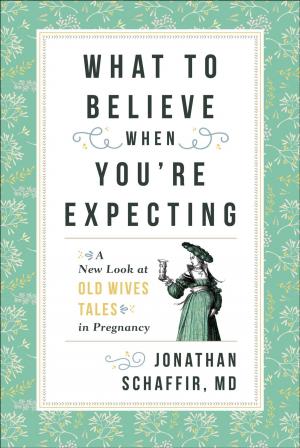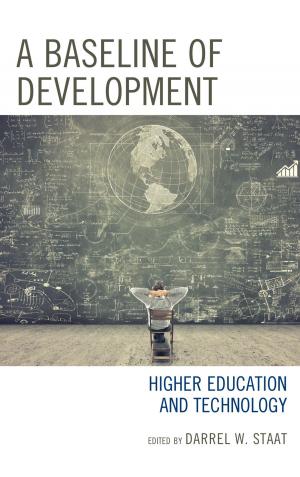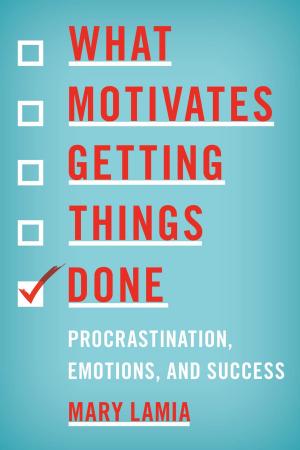| Author: | Karen Markey, Chris Leeder, Soo Young Rieh | ISBN: | 9780810891432 |
| Publisher: | Rowman & Littlefield Publishers | Publication: | March 12, 2014 |
| Imprint: | Rowman & Littlefield Publishers | Language: | English |
| Author: | Karen Markey, Chris Leeder, Soo Young Rieh |
| ISBN: | 9780810891432 |
| Publisher: | Rowman & Littlefield Publishers |
| Publication: | March 12, 2014 |
| Imprint: | Rowman & Littlefield Publishers |
| Language: | English |
Designing Online Information Literacy Games Students Want to Play sets the record straight with regard to the promise of games for motivating and teaching students in educational environments.
The authors draw on their experience designing the BiblioBouts information literacy game, deploying it in dozens of college classrooms across the country, and evaluating its effectiveness for teaching students how to conduct library research. The multi-modal evaluation of BiblioBouts involved qualitative and quantitative data collection methods and analyses. Drawing on the evaluation, the authors describe how students played this particular information literacy game and make recommendations for the design of future information literacy games.
You’ll learn how the game’s design evolved in response to student input and how students played the game including their attitudes about playing games to develop information literacy skills and concepts specifically and playing educational games generally. The authors describe how students benefited as a result of playing the game.
Drawing from their own first-hand experience, research, and networking, the authors feature best practices that educators and game designers in LIS specifically and other educational fields generally need to know so that they build classroom games that students want to play. Best practices topics covered include pre-game instruction, rewards, feedback, the ability to review/change actions, ideal timing, and more.
The final section of the book covers important concepts for future information literacy game design.
Designing Online Information Literacy Games Students Want to Play sets the record straight with regard to the promise of games for motivating and teaching students in educational environments.
The authors draw on their experience designing the BiblioBouts information literacy game, deploying it in dozens of college classrooms across the country, and evaluating its effectiveness for teaching students how to conduct library research. The multi-modal evaluation of BiblioBouts involved qualitative and quantitative data collection methods and analyses. Drawing on the evaluation, the authors describe how students played this particular information literacy game and make recommendations for the design of future information literacy games.
You’ll learn how the game’s design evolved in response to student input and how students played the game including their attitudes about playing games to develop information literacy skills and concepts specifically and playing educational games generally. The authors describe how students benefited as a result of playing the game.
Drawing from their own first-hand experience, research, and networking, the authors feature best practices that educators and game designers in LIS specifically and other educational fields generally need to know so that they build classroom games that students want to play. Best practices topics covered include pre-game instruction, rewards, feedback, the ability to review/change actions, ideal timing, and more.
The final section of the book covers important concepts for future information literacy game design.















